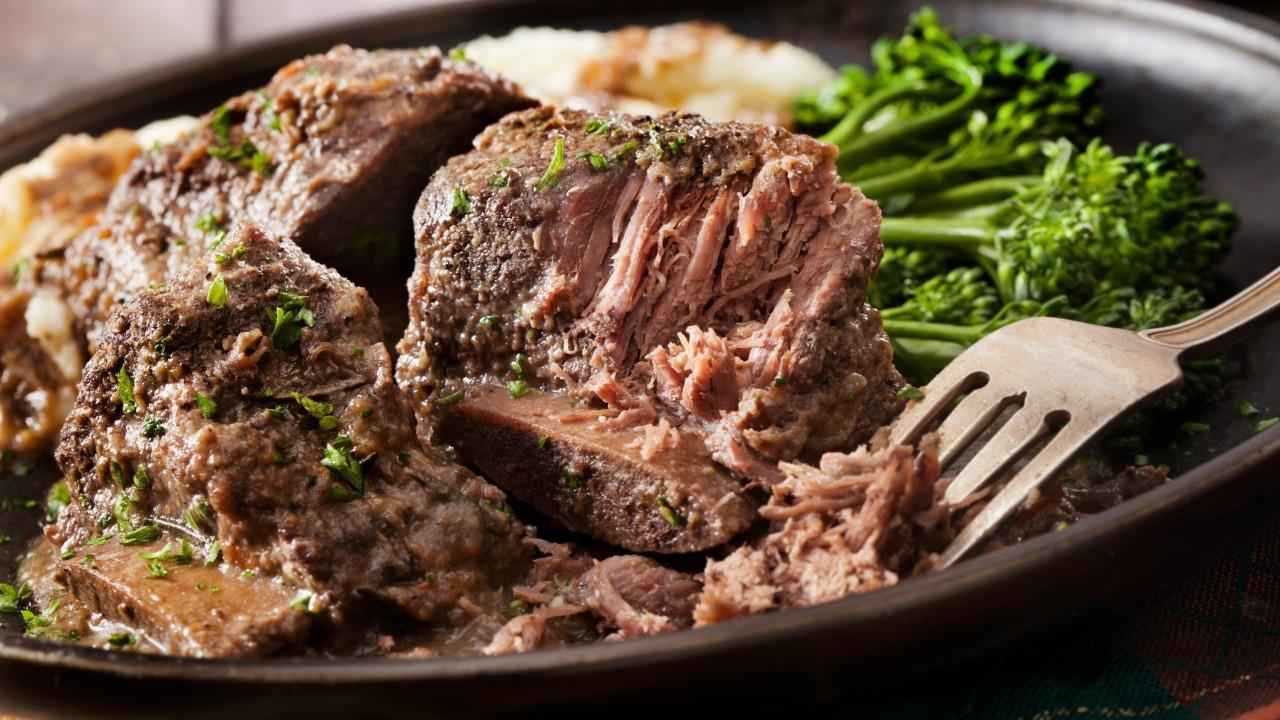Home / Lifestyle / Health & Fitness / Article /
Lesser meat consumption, meat-free diets are linked to lower cancer risk: Study
Updated On: 28 February, 2022 06:11 PM IST | Oxford | ANI
According to a study published in the open-access journal BMC Medicine, eating meat five times or less per week is associated with a lower overall cancer risk

Image for representational purpose only. Photo: istock
A new study has shed light on the subject that does consumption of meat aggravate cancer or help in fighting it. According to a study published in the open-access journal 'BMC Medicine', eating meat five times or less per week is associated with a lower overall cancer risk.
Cody Watling and colleagues from the University of Oxford, UK investigated the relationship between diet and cancer risk by analysing data collected from 472,377 British adults who were recruited to the UK Biobank between 2006 and 2010. Participants, who were aged between 40 and 70 years, reported how frequently they ate meat and fish and the researchers calculated the incidence of new cancers that developed over an average period of 11 years using health records. They accounted for diabetes status and sociodemographic, socioeconomic and lifestyle factors in their analyses. 247,571 (52 per cent) of participants ate meat more than five times per week, 205,382 (44 per cent) of participants ate meat five or fewer times per week, 10,696 (2 per cent) ate fish but not meat, and 8,685 (2 per cent) were vegetarian or vegan. 54,961 participants (12 per cent) developed cancer during the study period.
The researchers found that the overall cancer risk was 2 per cent lower among those who ate meat five times or less per week, 10 per cent lower among those who ate fish but not meat, and 14 per cent lower among vegetarians and vegans, compared to those who ate meat more than five times per week.
When comparing the incidence of specific cancers with participants' diet, the authors found that those who ate meat five times or less per week had a 9 per cent lower risk of colorectal cancer, compared to those who ate meat more than five times per week. They also found that the risk of prostate cancer was 20 per cent lower among men who ate fish but not meat and 31 per cent lower among men who followed a vegetarian diet, compared to those who ate meat more than five times per week.
Post-menopausal women who followed a vegetarian diet had an 18 per cent lower risk of breast cancer than those who ate meat more than five times per week. However, the findings suggested that this was due to vegetarian women tending to have a lower body mass index (BMI) than women who ate meat.
The researchers cautioned that the observational nature of their study did not allow for conclusions about a causal relationship between diet and cancer risk.
Additionally, as UK Biobank dietary data was collected at a single time-point, rather than over a continuous period of time, it may not be representative of participants' lifetime diets. The authors suggested that future research could investigate the associations between diets containing little or no meat and the risk of individual cancers in larger populations with longer follow-up periods.



